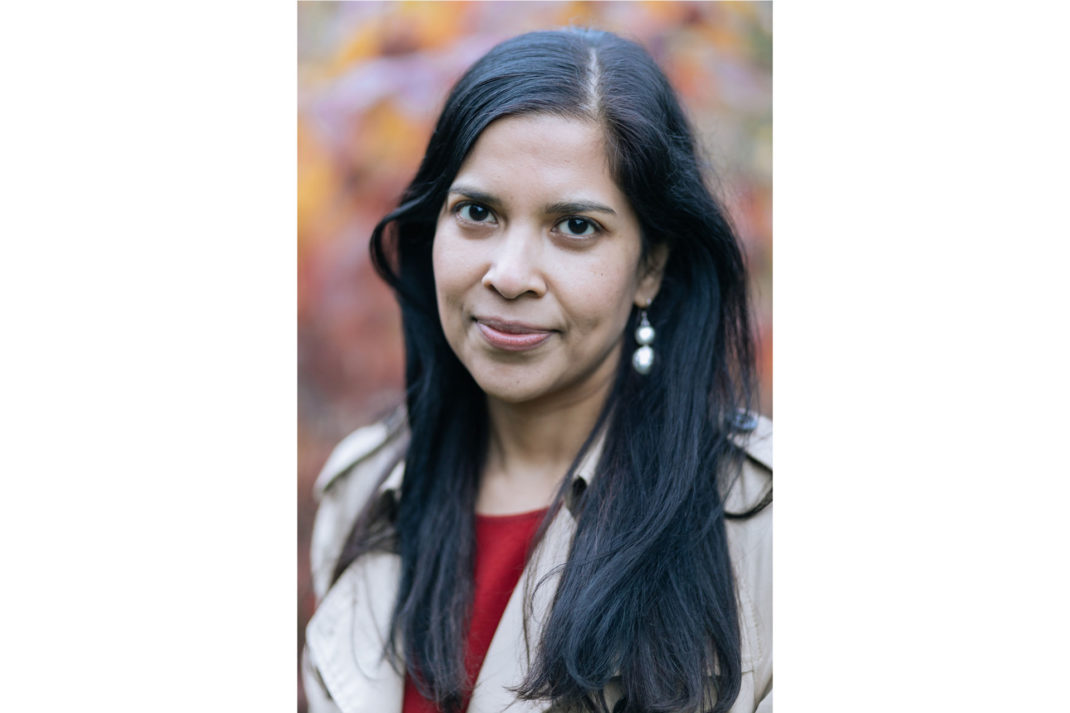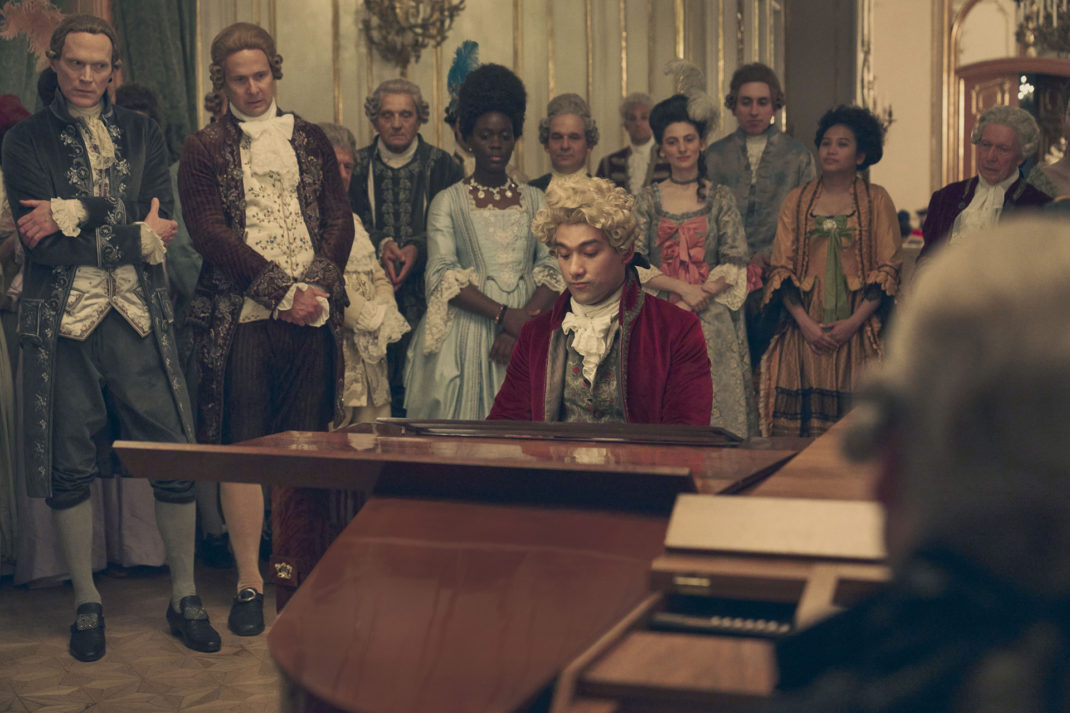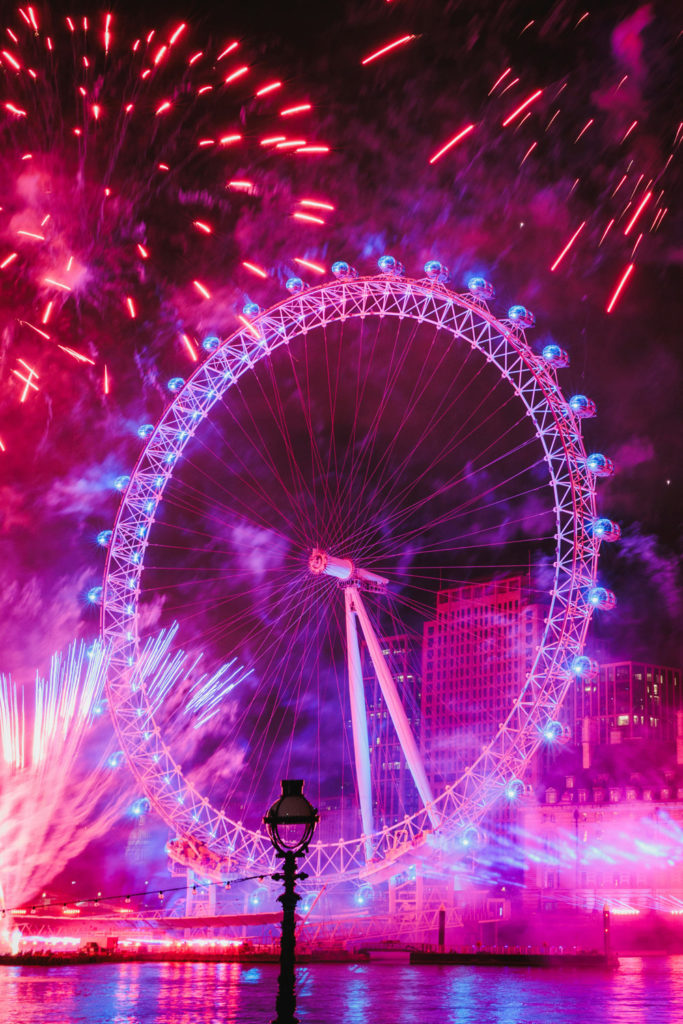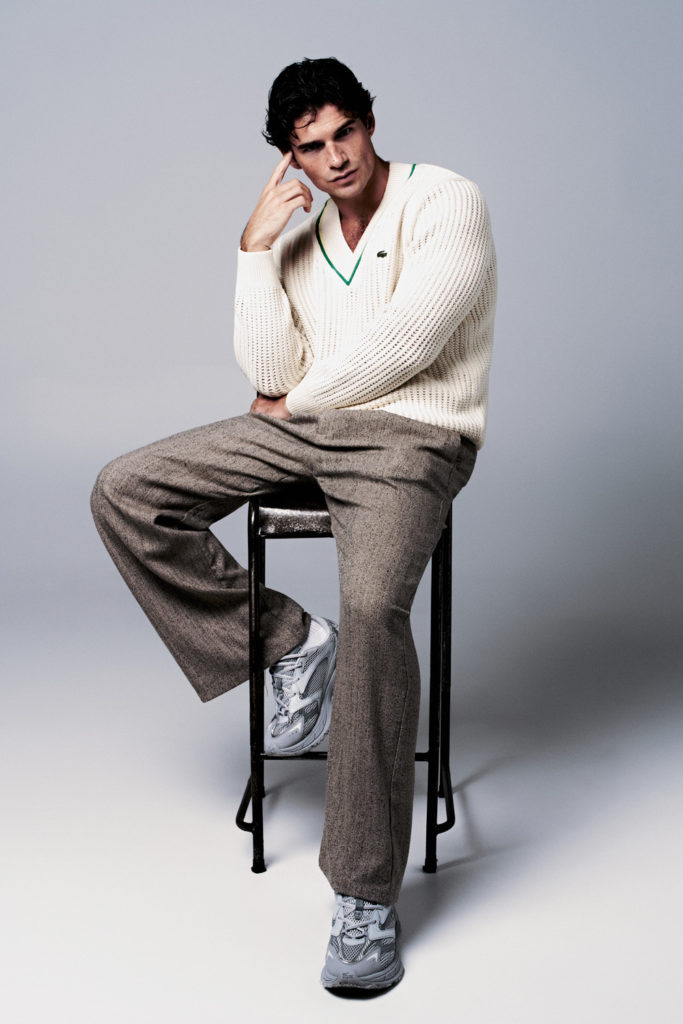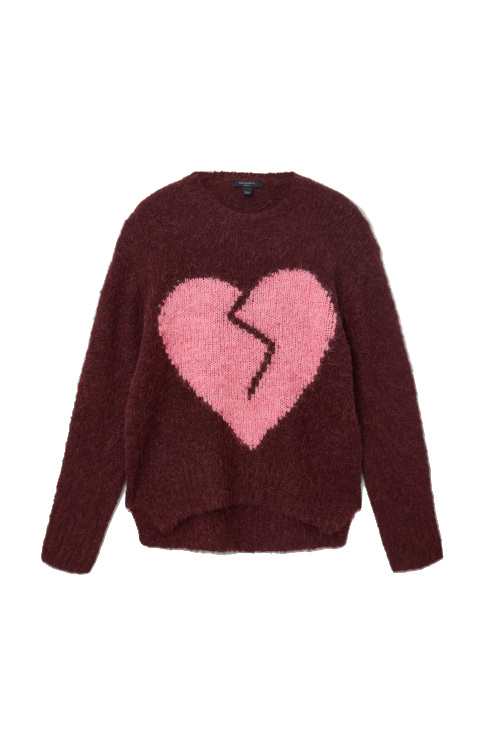Women in Climate Change: Tessa Khan
By
4 years ago
'I think we have a better shot at developing genuinely, equitable policymaking if women are in the room'
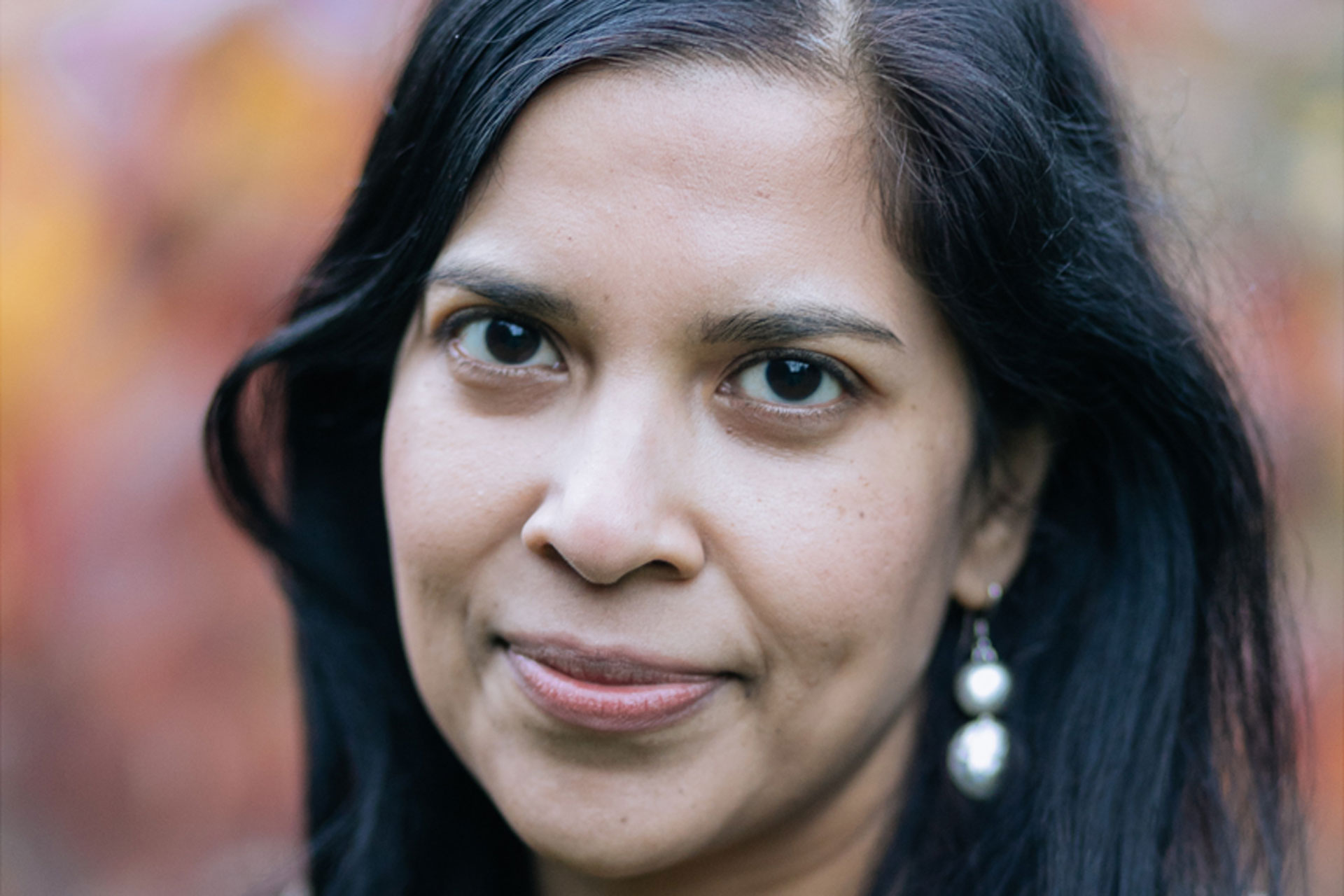
Women in Climate Change: Tessa Khan
Human rights lawyer Tessa Khan was named by TIME magazine in 2019 as one of 15 women leading the fight against climate change and is an awardee of the Climate Breakthrough Project. She set up Uplift to support and energise the movement for a just and fossil-fuel-free UK. She tells Lucy Cleland why there needs to be more gender equality at a top-level and her biggest hopes for COP26.
What is your individual experience of climate change?
I have pretty deep personal connections to two of the most vulnerable countries in the world in terms of the impacts of climate change. Firstly, Australia, where I grew up, and then Bangladesh, where my family’s from, and a lot of my family still is. Bangladesh is widely considered to be one of the most vulnerable countries in the world to the impact of the climate crisis. So that’s a pretty direct connection to the issue.
I’ve spent summers in Australia in recent years when there was a massive bushfire crisis, which caused huge amounts of damage to ecosystems, and to people’s homes and communities. I also lived in Asia for a number of years where already really extreme weather events were happening like unprecedented typhoons and the most powerful storms that have ever made landfall, hitting places like the Philippines.
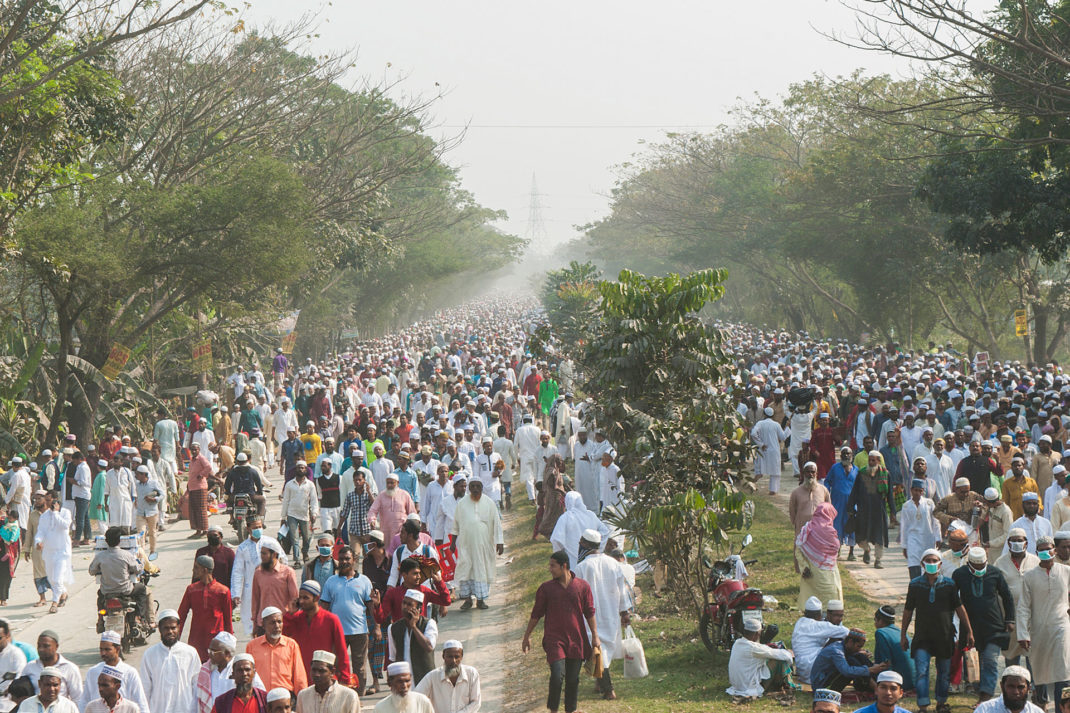
Bangladesh, Getty Images
How did you find yourself in the position you’re in now. Was it a determined path you vowed to take or what shifted you to change tack?
In the first part of my career, I worked as a human rights lawyer internationally. And so that was always the path that I wanted to go down and was where my motivation was when I was studying law, because I’ve just always been pretty sensitive to and had experience of inequality that have meant that I’ve always been very focused on how we can make society fairer.
Can you touch on that inequality?
Australia has its own very challenging history of race relations. And, I grew up in the most isolated capital city in the world, Perth, on the west coast, as one of a tiny minority of kind of non-white students and families. My father is an academic and he got a job at a university in Australia and we were an intellectual, ethnic family in an area that perhaps wasn’t as enlightened as it might be or ready to accept us.
Even today is still very conservative in a lot of ways. But I have great friends there still, which is why go there pretty regularly. And obviously, I’m grateful for a lot of things about growing up in Australia, but equally, I’m also very clear on the challenges of that period of time.
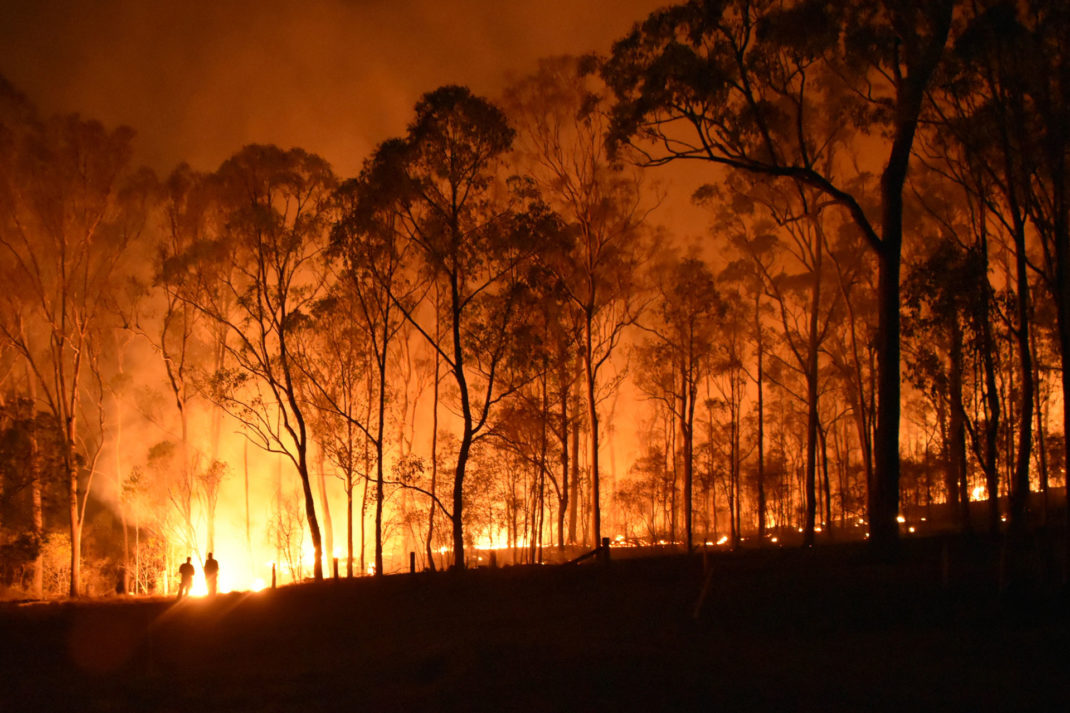
Australian fires, Getty Images
Was that challenging upbringing formative in your career choice? And when did you start to shift towards climate change work? Is it driven by human rights?
It’s definitely about people. I realised about 10 years ago that climate change was the biggest threat to our collective enjoyment of human rights. I was living in northern Thailand at the time, working on behalf of a network of women’s rights organisations, who were working on all the ways in which gender inequality manifests in society, so in the workplace, in the home, in terms of the way that women are more vulnerable to the impacts of environmental disasters, all of which has been really well documented. And it just became increasingly clear to me that this was the biggest challenge. And even if all you care about is gender equality, climate change has the potential to set that back in those parts of the world, where women are especially vulnerable to the impacts, by decades.
What are the solutions for solving the climate crisis?
The solution’s got to be a political one. Everything else that people do is, in one way or another, ultimately geared towards creating the political framework for the scale and speed of change that we need. Unfortunately, we’ve left it so long that we need a whole of government approach and a whole of economy approach, if we’re going to transform our societies at the scale that’s needed to head off the climate crisis.
There are a million different levers that we have to push the politics. But I think ultimately, it’s governments who have the tools and are in charge of the machinery that’s either going to keep us going down the track that we’re currently on, or shift. The COVID crisis last year was an example of the way that actually governments can mobilise, albeit in imperfectly, but it is possible to get a hold of all of the different aspects of our lives that need to be shifted in a particular direction when a crisis hits.
How can the man on the street affect this kind of lever pulling?
Regardless of what sort of exact political system, everybody relies on a social contract. Every government depends for their legitimacy on the ongoing consent of the people. And so in a country like the UK, there are multiple avenues that are available to us to hold governments accountable, not just every five years when we have an election, but using the courts, protesting on the streets, when we write to our MPs, when we show up to our local political party meeting or whatever. There are all these tools that we have that can create that political pressure and accountability.
In your particular line of work, what’s been your biggest hope? What has been a real win for you?
I worked on a couple of pretty significant court cases against national governments that set global precedents. In 2015, there was a case against the Dutch government, which was the first in the world in which a court ordered a national government to reduce the country’s greenhouse gas emissions by an absolute amount. That was the initial decision and then it was appealed, and my colleagues and I won on appeal repeatedly over the subsequent few years culminating in a Supreme Court decision in December 2019. So that was the first real breakthrough in terms of establishing concrete accountability for promises that governments have made repeatedly at these international climate talks and meetings, that they will take the problem seriously, that they will take action to reduce emissions and so on. This was a hugely important illustration of how we can use our many institutions at the national level to actually hold them accountable for them.
I read that Gambia is about the only country that’s on track with its emission reduction. That’s not great, is it?
It is indicative of just how tiny a minority of countries are that have done enough, especially when you factor in our relative historical responsibility for this crisis. The UK has the fifth largest cumulative emissions, since the start of the Industrial Revolution of any country in the world, so we’ve really benefited from polluting the atmosphere more than every other country bar four in the world.
How does this proportional responsibility work?
It’s the principle is at the heart of what governments have agreed to do in the Paris Agreement. It’s referred to as a principle of equity. It’s understanding that there’s got to be some fairness and accounting for that, even if there’s contestation over how exactly you measure that. But as a general principle, countries like ours should take the lead, because we are responsible for the vast majority of emissions in the atmosphere, which hangs around for hundreds of years, and we have the resources, the capacity and the ingenuity and the know how to transition. It’s an opportunity for us. And I’m excited that we’re grasping any of that opportunity.
And tell me about Uplift?
I set up my organisation Uplift as a response to the government’s failure to move quickly enough because the UK is still the second-largest oil and gas producer in Europe. Uplift works to phase out oil and gas production in the UK, while also supporting a just transition for the workers and communities who rely on that industry which is just as vital.
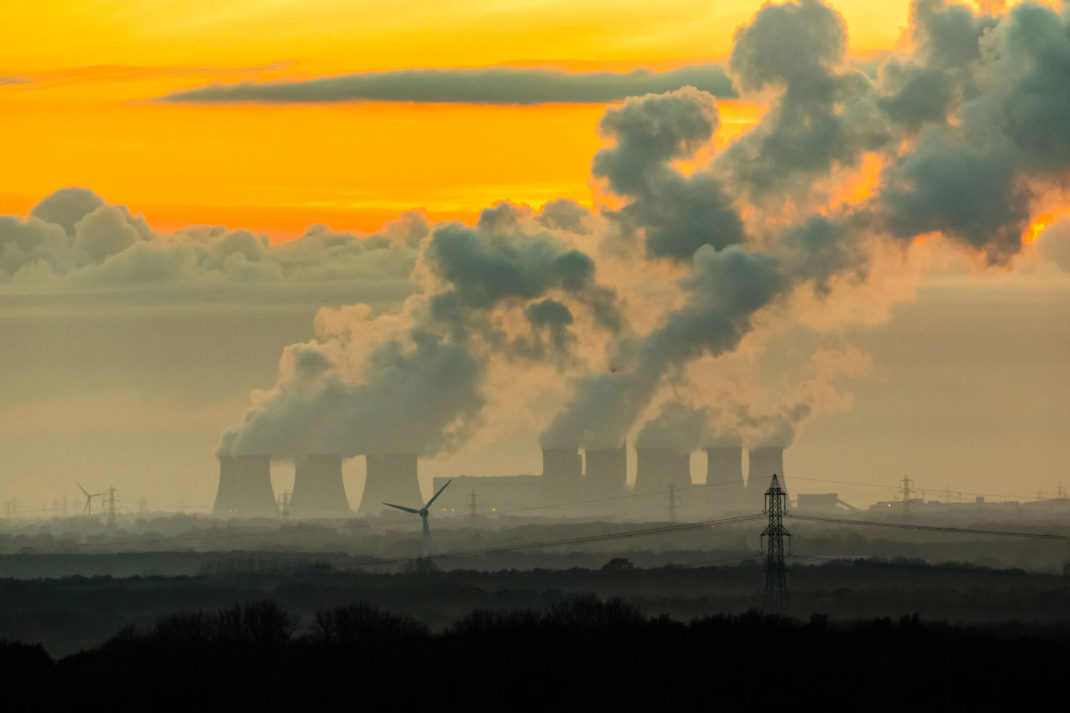
‘The UK is still the second-largest oil and gas producer in Europe’. Image: Getty Images
And where are all the women in positions of power? The Paris Agreement also wanted more women involved.
In the 21st century, we are still not evolved enough to put the right people in place. Apart from Christina Figueras, it’s quite hard to know a household name. Obviously, women are there, but it’s a phenomenon we see across every sector and industry, where women are in the ranks, they’re just not often enough in leadership positions. And that’s because of all the barriers that are in our way to get to those positions. There’s clear bias, borne out by all of the data, that stops women from being able to lean into those opportunities. It’s not for want of personal determination or motivation. It’s just because we’ve got to stay at home with the kids and deal with all the other ways in which women are disadvantaged.
Do you think there should be proportional representation of women? And with diversity too?
The World Economic Forum did some analysis that showed that if we just rely on current trends in increasing representation of women in the workplace, or at management level, we’ll be waiting literally hundreds of years before we get to parity. So in the absence of some deliberate acceleration of that process, we’re not going to get gender equality. So, we’ve got to use those sorts of levers to, to make up for the deep structural barriers that women are faced with.
And do you think it would make a difference? Having women at the top table?
I think we have a better shot at developing genuinely, equitable policymaking if women are in the room, because we have that lived experience of gender inequality. Obama said something like, if every nation on Earth was run by women, you’d see a significant improvement across the board on just about everything. What strikes me is the way that women just operate from a different set of assumptions, they prepare more, they work hard, or they worry more. Whereas in my general experience, men tend to just take a lot of that stuff for granted that women feel in a very conscious way.
And as a woman of colour, do you feel that inequality even more acutely?
When talk about women, there are all sorts of different levels of privilege within that. So, as a woman of colour, I feel like I’m up against it more. I’m always the only woman of colour in the room, so it’s hard fully appreciate what that feels like. The kind of the people, or certainly with my colleagues, that I’m in rooms with really progressive, they’re certainly not racist or sexist by any stretch of the imagination, they are extremely conscious of all of those things. But again, there are a lot of things that they take for granted that I’m extremely conscious of, and that’s hard.
What’s your biggest hope for the for the COP26 conference?
I would like this to be the conference where we decide to end all new fossil fuel production. By when hasn’t been a part of the conversation. We have all this existing fossil fuel production that’s already sort of chugging along but we shouldn’t be opening any new oil fields, no new coal mines, no new gas fields. The stuff we do have needs to be phased out gradually. But it would already take us past 1.5 degrees or two degrees of warming. If we burn all of what is already in production, we will blow past save climate limits. So the idea that the UK government at the moment is contemplating approving a new oil field in the North Sea would take us even further past.
That is so terrifying that that is your biggest hope…
That was the impetus for setting up Uplift because the UK Government is literally approving licences. It gave out 113 licences for new oil and gas exploration in the North Sea last year. And no one’s talking about it.
So, are you going after each one of those 113 licences?
Yes. I mean, ideally, we will just change the system rather than going after each one. We need to get government to commit not to approve any new loans or funding to test. But we do a lot more than just litigation. This is my other lesson from having just focused on litigation for the past six years I don’t think it’s enough on its own. Uplift uses legal strategies, but we also work with mums, parents and student groups to get out on the streets and talk to their MPs. We also like to develop the research we need to substantiate the claims that we’re making and show the government how it can move away from the path that it’s on, so it’s a real kind of whole system approach.
What do you actually think is going to get agreed at COP26?
In reality? I think it’ll probably be another round of hand-wringing about how far off the path that we should be on if we’re going to meet our current goals and, and commitments to do more without actually producing the policies and the plans that we need today. Another sort of set of promises without the actual work to back that up, but that needs to happen. I’ve always believed that that work, ultimately needs to happen at the national level. And that’s our job, all of us in our own countries, to keep pushing our governments.
Do you think it’s worth having COP26?
I think it’s definitely worth having. It focuses people’s minds, it also is a really important opportunity for the most vulnerable countries in the world to be in the same room as the most powerful ones.
How do you switch off? How do you relax? Or is it challenging?
I find my work so stimulating. And as you can imagine, there’s an endless amount to do, but that’s also a recipe for burnout. So I’m very conscious. I have to be quite deliberate about disconnecting from devices and enjoy some analogue recreation. I love spending time with friends and family and enjoying good fiction and cooking and that kind of thing. I’m a massive MasterChef obsessive.
Do you find yourself proselytising? Or do you monitor your family and friends’ habits? How do you respond when they ask you what should they do?
This isn’t my original thought and I should know who to attribute it to, but the best thing you can do as an individual is to join other people. This is a problem that will only be solved by us acting collectively. I really object to people, and often it’s women, who end up being dealing being told how rinse their dishes, or watch when the lights are on or off, or whatever. Those things are real and we should all be doing what we can, because, everything we do does matters, but the real changes are going to have to come from the people who have real power. And as you say, those are men, for the most part, whether it’s in the oil and gas industry or in government. So I’m not really going to buy into the kind of narrative of personal guilt. I think those of us who are lucky enough to have choices should take trains instead of flying and so on, but obviously, all of that’s a luxury to some extent.
SEE MORE
Clover Hogan: We Can Turn Eco-Anxiety into Action / Great British Brands Zero

